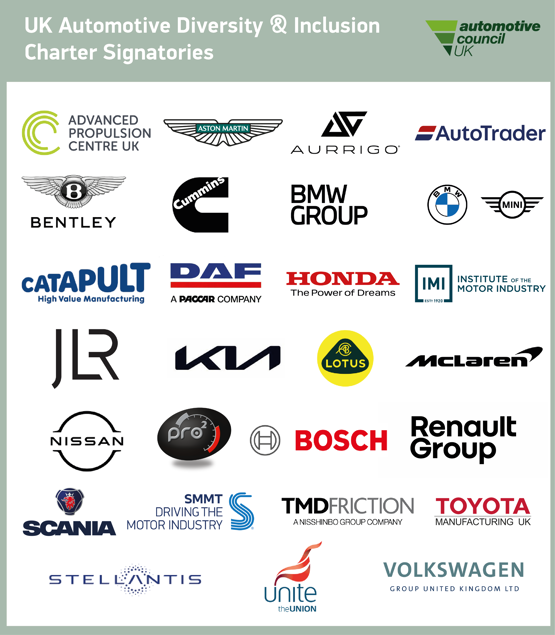Leading automotive companies in the United Kingdom have committed to ensuring that women constitute 30% of their workforce within the next six years to achieve better gender diversity across all roles and levels.
The initiative, spearheaded by the Automotive Council, whose members account for 99% of British vehicle manufacturing and half of the nation's automotive workforce, addresses the current gender disparity as women make up just under 20% of the sector's workforce.
The commitment to increase female representation comes as the Automotive Council launches a groundbreaking best practice guide titled Shifting Gears: How to Better Recruit and Retain Women in the UK Automotive Sector. This guide aims to equip forward-thinking businesses in the industry, spanning car manufacturing, supply chain, and the aftermarket, with the necessary tools to enhance gender diversity across all organisational levels.
The move is part of a broader industry push for positive change, following the introduction of the sector's first Diversity Charter last year. Since then, Charter signatories have increased by a fifth, indicating a growing commitment among businesses to ensure their practices and workforce are representative, progressive, and inclusive.
Diversity, equity, and inclusion (DE&I) are now recognised as critical factors not only for societal impact but also for enhancing business performance. The Automotive Council underscores the multifaceted nature of DE&I, encompassing dimensions such as age, disability, ethnicity, neurodiversity, race, social mobility, and sexual orientation. In addition to addressing the gender gap, industry members are actively implementing measures to rectify representation shortfalls within these diverse groups.
Mike Hawes, chief executive of the Society of Motor Manufacturers and Traders (SMMT) and chair of the Automotive Council competitiveness and business environment group, emphasised the urgency of change. "Gender balance is not just about 'doing the right thing'; it's demonstrably good for business," he stated. "The sector should always be representative of the communities in which it is based, and the societies it serves, so addressing gender imbalance is non-negotiable."
The automotive sector, currently experiencing a surge in investment resulting in 14,000 new jobs, is actively seeking talent from all age groups and backgrounds and with an acute skills shortage across all levels and roles, attracting talent from every section of society is imperative to ensure the industry remains at the forefront of innovation.
The 27 charter signatories commit to action across eight key areas, aiming to accelerate progress in all aspects of DE&I within their respective companies. These initiatives include the implementation of robust diversity and inclusion practices, the appointment of a board-level champion, and improvements to recruitment practices to eliminate bias, encourage diverse applicants, and broaden talent pipelines at every level. Businesses in the automotive sector interested in joining the initiative can contact the Automotive Council secretariat for more information.

















Login to comment
Comments
No comments have been made yet.